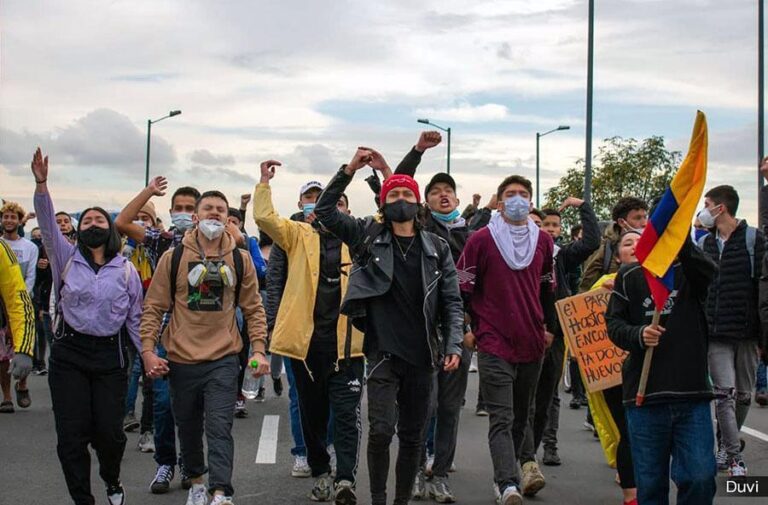
A few decades ago, one might have thought of a slower speed, at a different pace, with a waiting period. Not today. The impact of phenomena overwhelms us before we open our eyes every day. That is why it is necessary to anticipate with a vision of commitment to humanity in order to protect it.
There were times and spaces in which critical thinking rose with brilliance. In diversity, it rejected the war waged by centers of power against the peoples. Between the 1960s and the beginning of the 1970s, while in Latin America, faced with conditions of oppression, rebellious movements were generated, in Europe and the USA neocolonial dynamics were revived, the voice of the Russell Tribunal was heard against the crimes of imperialism in Vietnam; in the same French May ’68, philosophers, theologians, sociologists and scientists from different backgrounds connected with the “Third World”. With their voice they contributed to the recognition of new social and political subjects, and with it the right of those from below to resistance, to rebellion against structural violence, thus from the same literature they transcended the simple statement of the Declaration of Human Rights of 1948. In this context, expressions of non-alignment with the powers and convergence with liberation alternatives were strengthened. Thinking came to life, ceased to be only the “pure idea”. Today, on the other hand, thinking with a voice seems to have died.
While there were many opinions with a certain solidity in all these fields, a new geopolitics was being established in fact under the flames of the Cold War, which lit the south of the planet with fires that have not ceased. Instead of opening debates on new models or paradigms in international relations, capitalist domination became implacable as victory was proclaimed in what was called the fall of “real socialism”.
That triumph, which was that of neoliberalism, that of the most savage and cynical capital, without any offer of progressive democracy, that of the so-called unique and shameless thinking that tried to silence any critical option. The shockwave of that great explosion collapsed the promises of the Welfare States, it also collapsed certainties, intelligences, thinking heads and some moralities of the time, in such a way that little by little, that mass of intellectuals who before dared to question power and its violent exercises, began to qualify their previous narratives, began to qualify their previous narratives, to relativize the evil per se of capitalism, to consider its order as civilizing and that it was the only option after the “end of history”, in the end to soften what can never be softened. Consequently, they set out to condemn the rebellious responses of the peoples, of the new social movements in which they tried and succeeded in interfering; they became embedded in research centers, in gatherings, in university halls, in television programs, in the world of NGOs, in spheres where vanities are extolled, consciences are bought and where, by means of recruitment, the projections of anti-system struggles are reduced.
Today we see the results when we feel the criminal silences, which enable the licenses to kill. These silences hurt, but they must be understood as a tremendous gap of intellectuals who have a published opinion in Europe.
It is true that there are some isolated voices and efforts in the face of the genocide suffered by Palestine, there are chinks through which timid denunciations can be seen, but a brave, coherent and urgent perspective is needed in that continent, which besides pointing out the historical causes of the resistance in Gaza, the reason for this stage, exposes the complicity that from European countries has been given to Zionism, to the State of Israel, as well as to NATO to subjugate wherever it pleases and plan new warlike waves.
No matter how many silences there have been after more than 100 days of resistance and what Israel wanted to present as an imminent and crushing defeat of Hamas, today it is said that it has only been possible to hit or destroy 30% of that fighting force, but the resistance and the fighting capacity has not been placated, leaving the feeling that the scope of Israel’s victory is limited to achieving the liberation of the captives, but not to a strategic change in the region.
The coordinated action of the Axis of Resistance: Syria, Hezbolla, Palestinian Resistance, Yemeni Houthis, Iraqi Resistance and the popular mobilization in the region are changing the geopolitics in one of the regions most disputed by imperialist and colonial powers from the 19th century to the present day.
In the end, in the midst of complicit silences, resistance is growing.
source: eln-voces.com